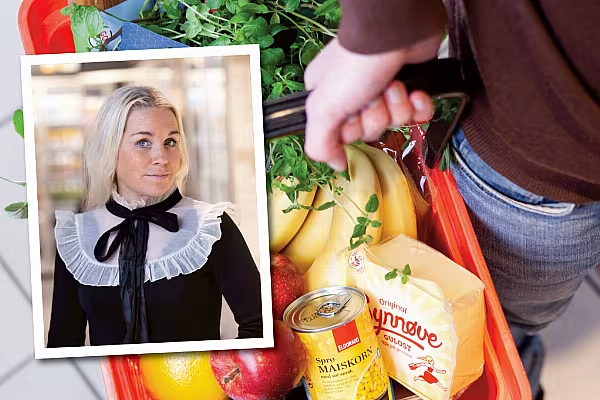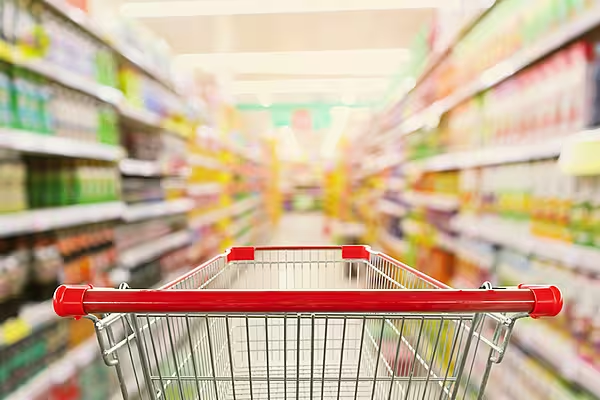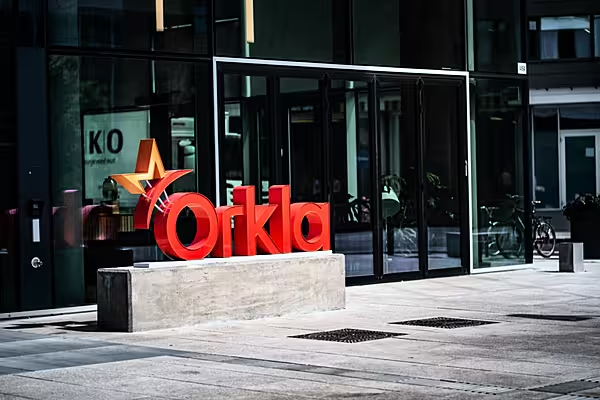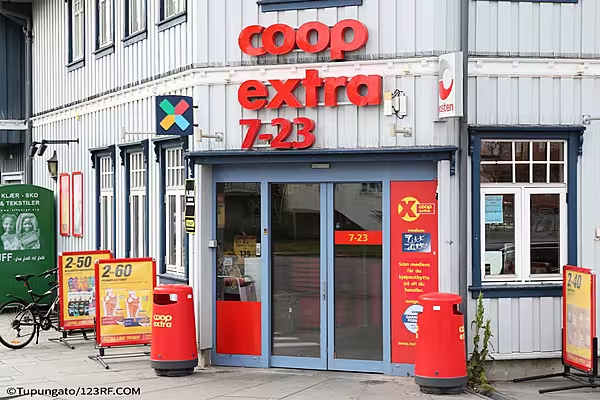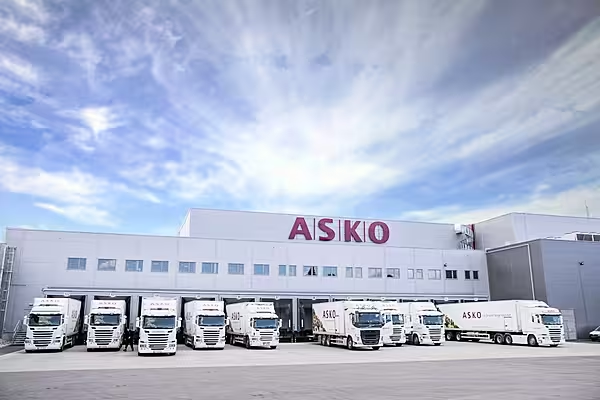In the most recent edition of ESM, we caught up with sustainability leaders across European retail, as part of our 'Sustainability 2024' report, including Signe Bunkholt Sæter, Sustainability Director, Norgesgruppen.
ESM: We’re more than a year into a cost-of-living crisis that has hit consumers hard. To what degree have these financial difficulties influenced consumer perceptions about sustainability?
Signe Bunkholt Sæter: We know from industry surveys in general that consumers still find sustainability topics as important as before.
We also know that consumers say they throw away less food now. In July, we did a survey on food waste, and preferences on getting help to reduce food waste. This is an important topic, both for us and consumers.
The survey showed that the consumers are more aware of the amounts of food that they throw away, and that they want to become even better at reducing food waste. Moreover, young adults between 18 and 44 years of age are more open to getting help and tips on how to reduce food waste, especially with the help of technology.
To be effective, sustainability needs to permeate all aspects of a business’s decision-making and operating structure. How has that been implemented at your business?
Sustainability is a part of the business strategy and strategic goals for the whole company. The board of directors, group management and the owners are committed to our priorities, which are based on the principle of materiality. We work with the topics that reap the most benefits, whether it is reducing the undesirable effects of our operations or strengthening our positive contributions to society.
Feedback from customers and engagement with partners, NGOs, trade unions, expert organisations, and authorities were important when we planned our strategy towards 2025. Through engagement, we continually fine-tune our sustainability work and establish collaboration, in order to achieve common goals.
The results from 2022 confirm that we are on the right track. We are well equipped for the future, but, in the next few years, we must reinforce our sustainability efforts.
We aim to be climate neutral in our own operations by 2030, by reducing food waste, energy efficiency, using more renewable energy, etc. We contribute to a healthier and greener grocery basket by selling more fruit and vegetables, wholegrain [products] and fish, and less salt, sugar and fat. We are continuously working with our suppliers towards a sustainable value chain, whether it is securing worker rights, the reduction of plastics, or promoting more environmentally friendly manufacturing practices.
To what degree have you sought to foster collaboration with other businesses, groups, or industry bodies in furthering your sustainability goals?
We strongly believe in the power of collaboration throughout the whole food value chain – that is the only way we can reach the goals we need to get to in the years to come. We have sought several collaborations in our various lines of business regarding sustainability matters – within, for instance, food waste, packaging, plastic, and so on. We see positive effects from doing so.
Over the past few years, we have been working closely with GS1, the organisation that invented the bar code standard, on a new 2D code that can contain even more product information, making it easier for retailers to reduce the amount of food going to waste in store.
Another example is our own sustainability fund, HANDLE, where we finance part of sustainability projects in other companies. In this way, we support innovation and development in the industry, so that, hopefully, society at large can benefit from these projects.
Younger consumers – particularly Gen Z – are sceptical about the sustainability claims being made by big businesses. How can businesses better communicate to this demographic?
We believe in ‘show, don’t tell.’ This means that we must commit and deliver the results to show that action is taken and change is happening. We have also, as have many other Norwegian companies, signed the Guide Against Greenwashing.
We’re now just over a year away from the mid-part of the decade. In what areas do you think we will see a ramping up of sustainability efforts over the next year?
Sustainability is a whole area in the midst of a big change, both regulatory and when it comes to what younger generations are demanding. We will all need to ramp up in different areas in the years to come. Important areas for us will be reduced climate emissions in the whole value chain, packaging, food waste, and potentially new and sustainable ways of producing goods.
Energy efficiency and more renewable energy is another important area, as is protecting human rights and improving transparency through the Norwegian Transparency Act. Since we are in the food value chain, protecting nature and resources is also high on the agenda.
